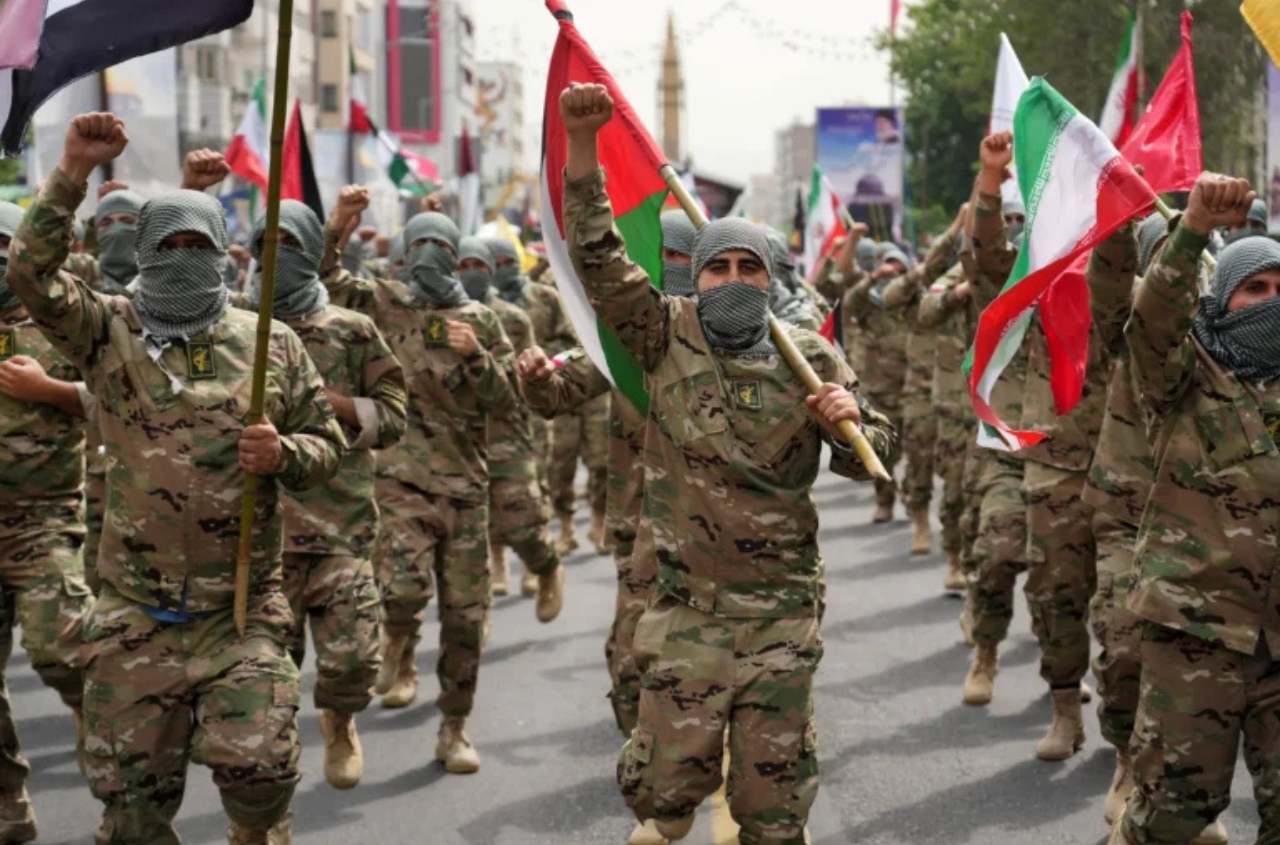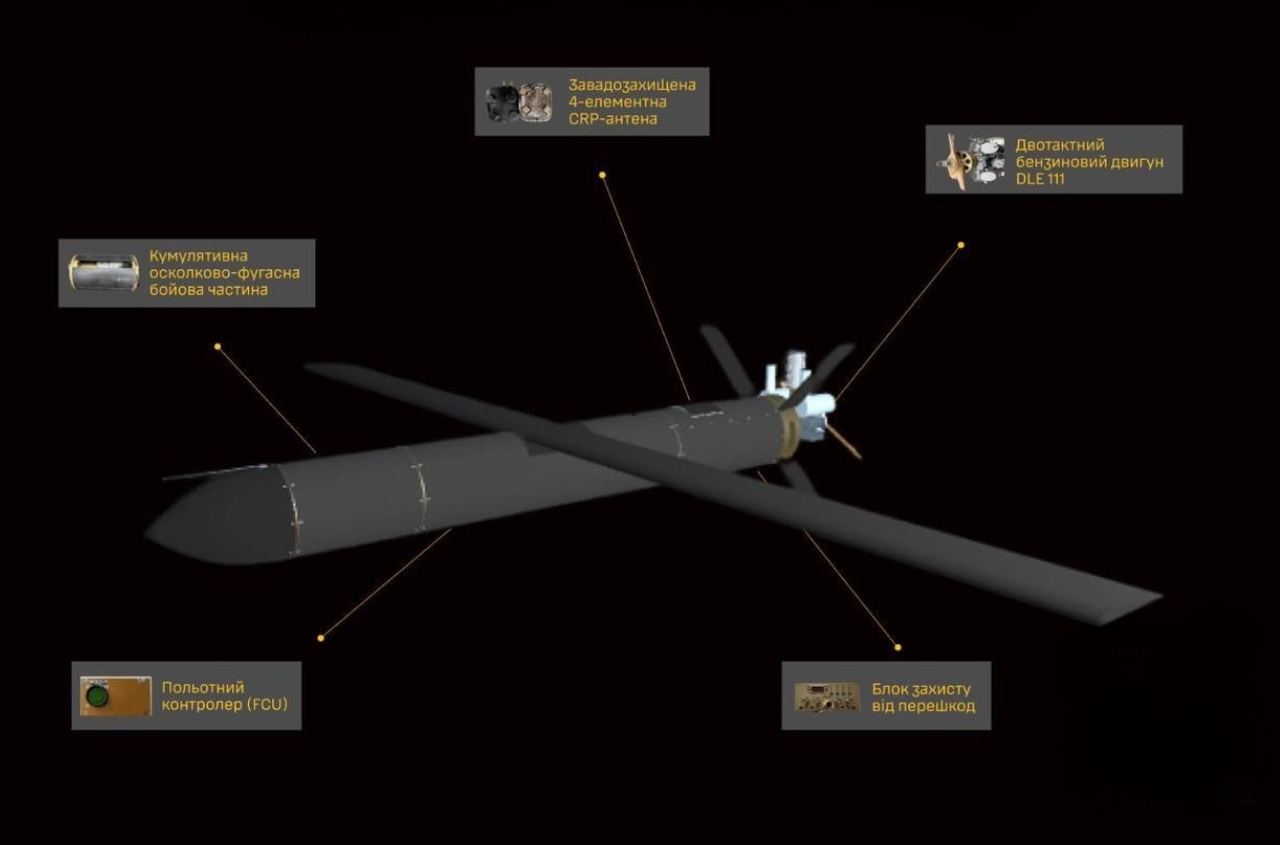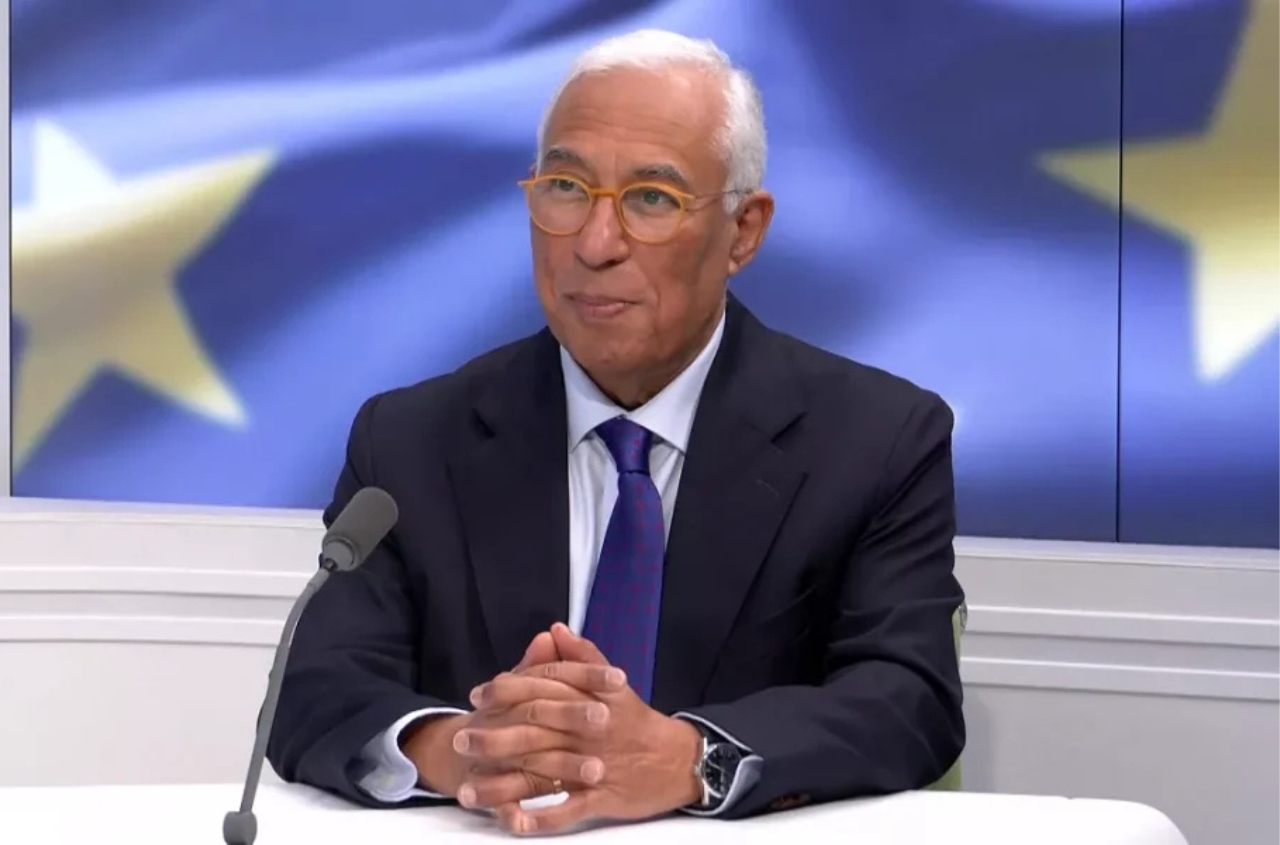"To achieve the goal of overthrowing the Hamas regime in Gaza and neutralizing its military capabilities in the war, a necessary step is the seizure and clearing of Rafah, where four Hamas battalions are located. Since the operation in Gaza was planned in stages from north to south, with the preliminary evacuation of the main part of the population along the same route, Rafah was left until the end. It is worth noting separately that Nuseirat and Dir al-Balah in the center of the Gaza Strip, where two Hamas battalions remain, are also untouched in the ground aspect for now, but Rafah is a more important area. In purely military terms, the operation in Rafah should have started in February, at most in March, but the delay is primarily due to political pressure from the US administration, which is extremely reluctant to conduct operations in Rafah for humanitarian and political reasons, and negotiations on hostages, where they hoped to reach an agreement.
Since Hamas continues to insist on a permanent, rather than temporary, ceasefire as a condition for an agreement on hostages, an agreement has still not been reached, and it was decided to start a limited operation in Rafah. This is not yet a full-scale operation, but rather limited actions in the eastern quarters of Rafah and along the Philadelphi Corridor up to the Rafah checkpoint. Preliminarily, residents of these quarters were called upon to evacuate to the expanded humanitarian zone in the Ma'asi area and in the Khan Yunis area, about 150,000 evacuated - against the background of all of Rafah, where there are now more than a million people with accumulated refugees, this is not much. Relatively small forces are involved, the 162nd Division as part of the 401st Tank Brigade and the Givati Infantry Brigade with attached special units, precisely because the tasks are currently limited. Taking control of the Rafah checkpoint and searching for and eliminating underground tunnels there at least temporarily deprive Hamas of an important lever of border control and weapons smuggling, and besides the liquidation of military infrastructure in the occupied areas, the current goal of the operation is also to increase pressure on Hamas in the still ongoing negotiations. The USA, for its part, continues to pressure Israel not to expand the operation, which is related to both the visit of the CIA director and delays in the supply of aviation ammunition - the operation itself can be carried out without them, this is a general signal "if you do not take our opinion into account, we will turn on the tap".
The further course depends on the results of the negotiations, Israel threatens to expand the operation if Hamas does not make concessions, the USA continues to pressure Israel. In general, once again, we see a vivid manifestation here of the contradiction between the stated goals of the war: "overthrowing the Hamas regime in Gaza and neutralizing its military capabilities" and "freeing the hostages". A deal on hostages will at least lead to a prolonged ceasefire, which means opportunities for Hamas to reorganize, regroup, and recover in military and political terms, and with a high probability, it will completely stop the war, which means Israel's failure to achieve military goals, that is, losing the war. Together with strong pressure from the USA, this creates an extremely complex domestic and foreign policy situation for the Israeli government in making further decisions."





















